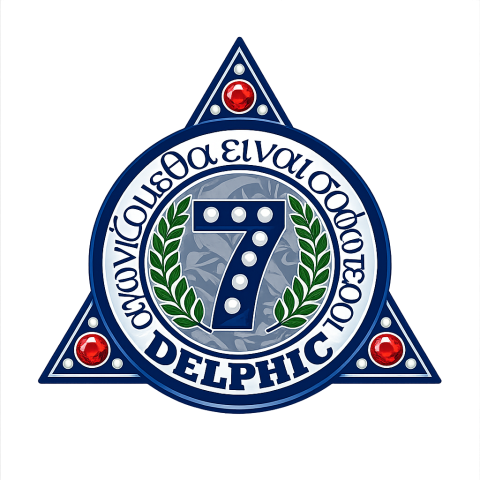This page was moved (404).
The page you were looking for no longer exists at this URL. Please browse through the links above for more info.
Chapters
Notables
Gallery
